Members of the International Scientific Advisory Board (ISAB)
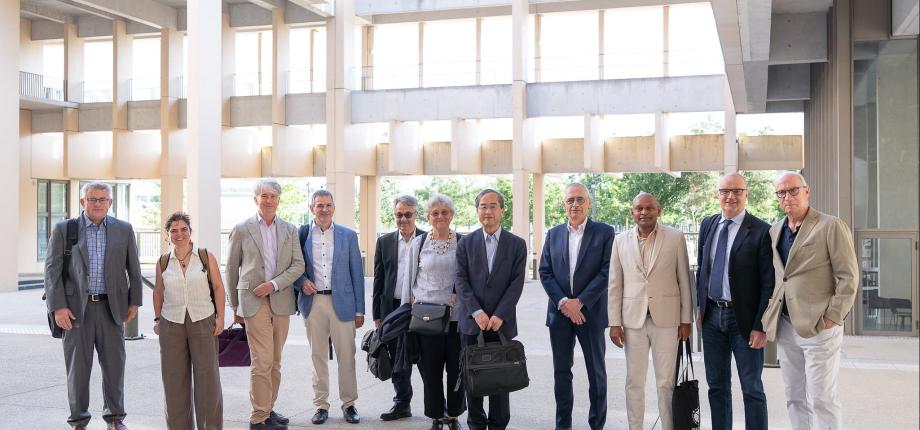
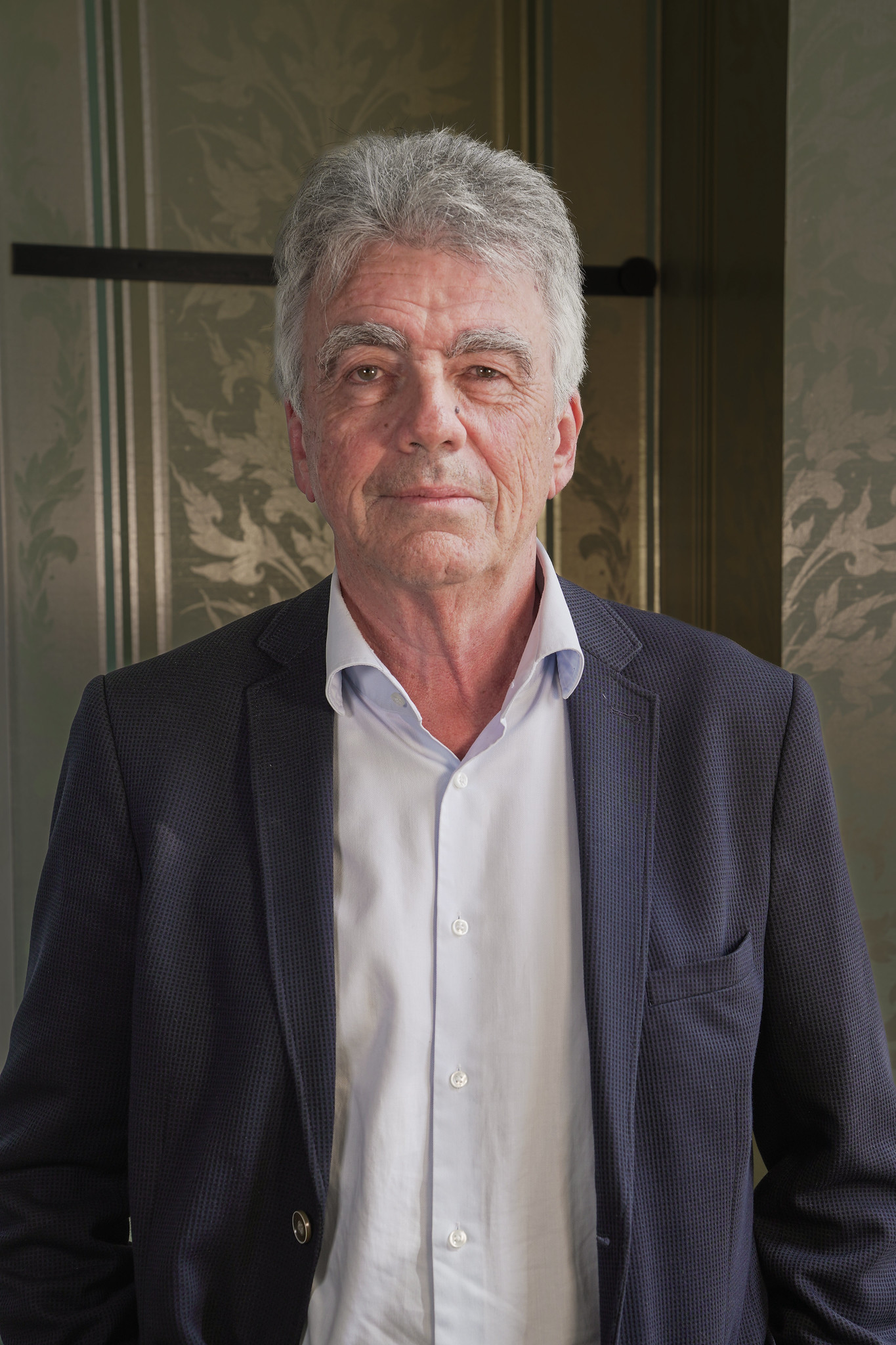
Patrick Aebischer
Patrick Aebischer is the past-president of EPFL, a world class research University that he led from 2000 to 2016. He was trained as an MD (1980) and a Neuroscientist (1983) at the Universities of Geneva and Fribourg in Switzerland. From 1984 to 1992, he was a Faculty member at Brown University in Providence (Rhode Island, USA). In the fall of 1992, he returned to Switzerland as a Professor and Director of the Surgical Research Division and Gene Therapy Center at CHUV. Patrick Aebischer is a fellow of the American Institute for Medical and Biological Engineering and a member of the Swiss Academy of Medicine and the Swiss Academy of Engineering Sciences. Patrick Aebischer is the vice-chair of the Geneva Science and Diplomacy Anticipator (GESDA). He is the founder of four biotechnology companies. He presently seats on the board of Nestlé, Logitech and Polypeptide Group. He is a senior partner of +ND Capital, a venture capital firm based both in Silicon Valley and Lausanne.
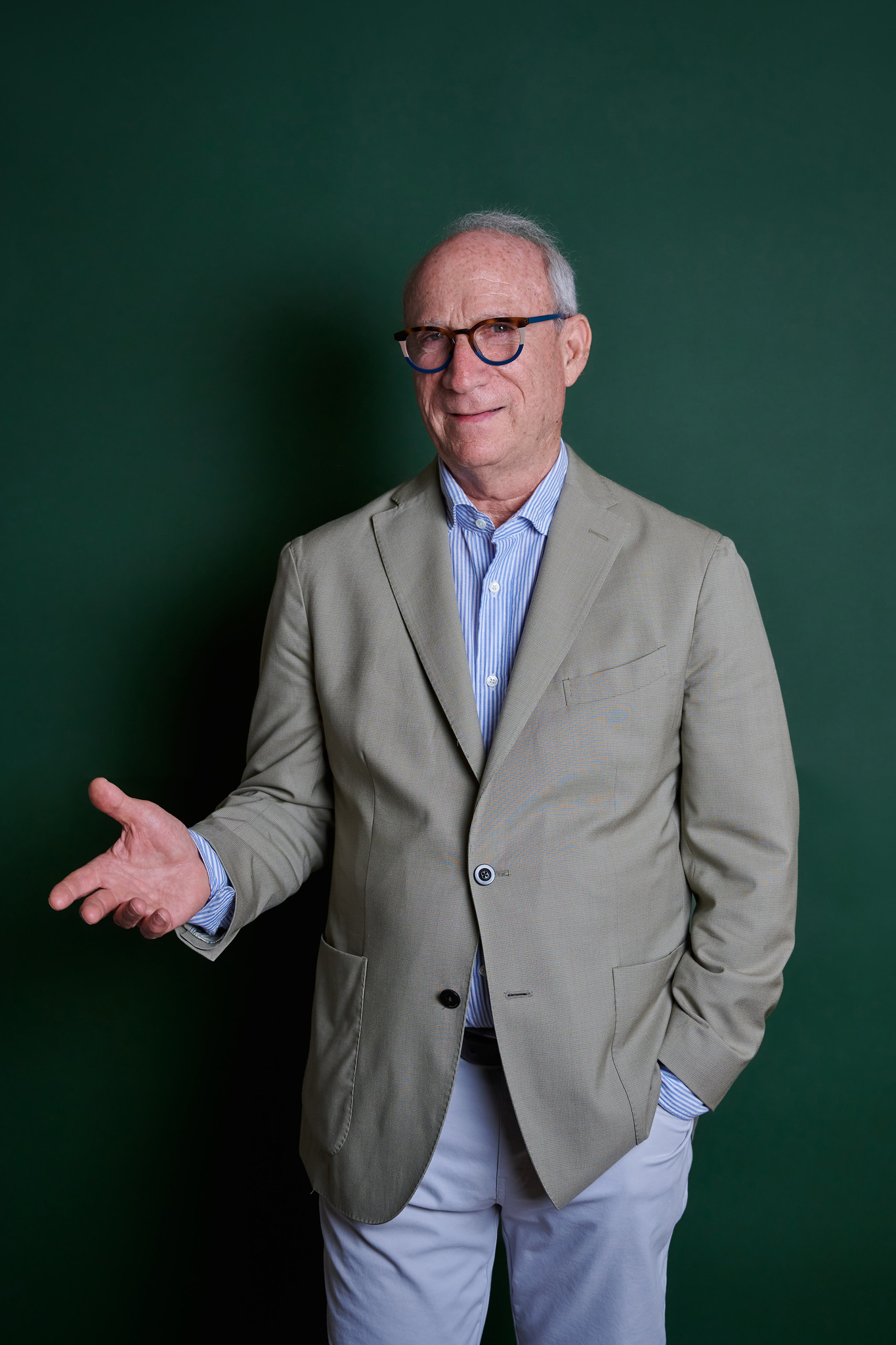
Bruce Kogut
Bruce Kogut obtained his PhD at the MIT Sloan School of Management. In 1983 he started his academic career at the Wharton School of the University of Pennsylvania. From 1993 to 1995 he was also Director of Wharton's Emerging Economies Programs, and from 1997 to 2000 Associate Dean for its Doctoral Programs. In 2003 he moved to INSEAD, where he held a Chair in Innovation, Business and Society. He was also Scientific Director at the EIASM in Brussels, and from 2005 to 2007 founding Director of Insead Social Entrepreneurship Program. Since 2007 back in the United States he is Sanford Bernstein Chaired Professor at the Columbia Business School. He has won several awards and has been published in leading sociology, management and economic journals. He has served as a member of several corporate, academic, and advisory boards in Europe, Russia, and Asia.
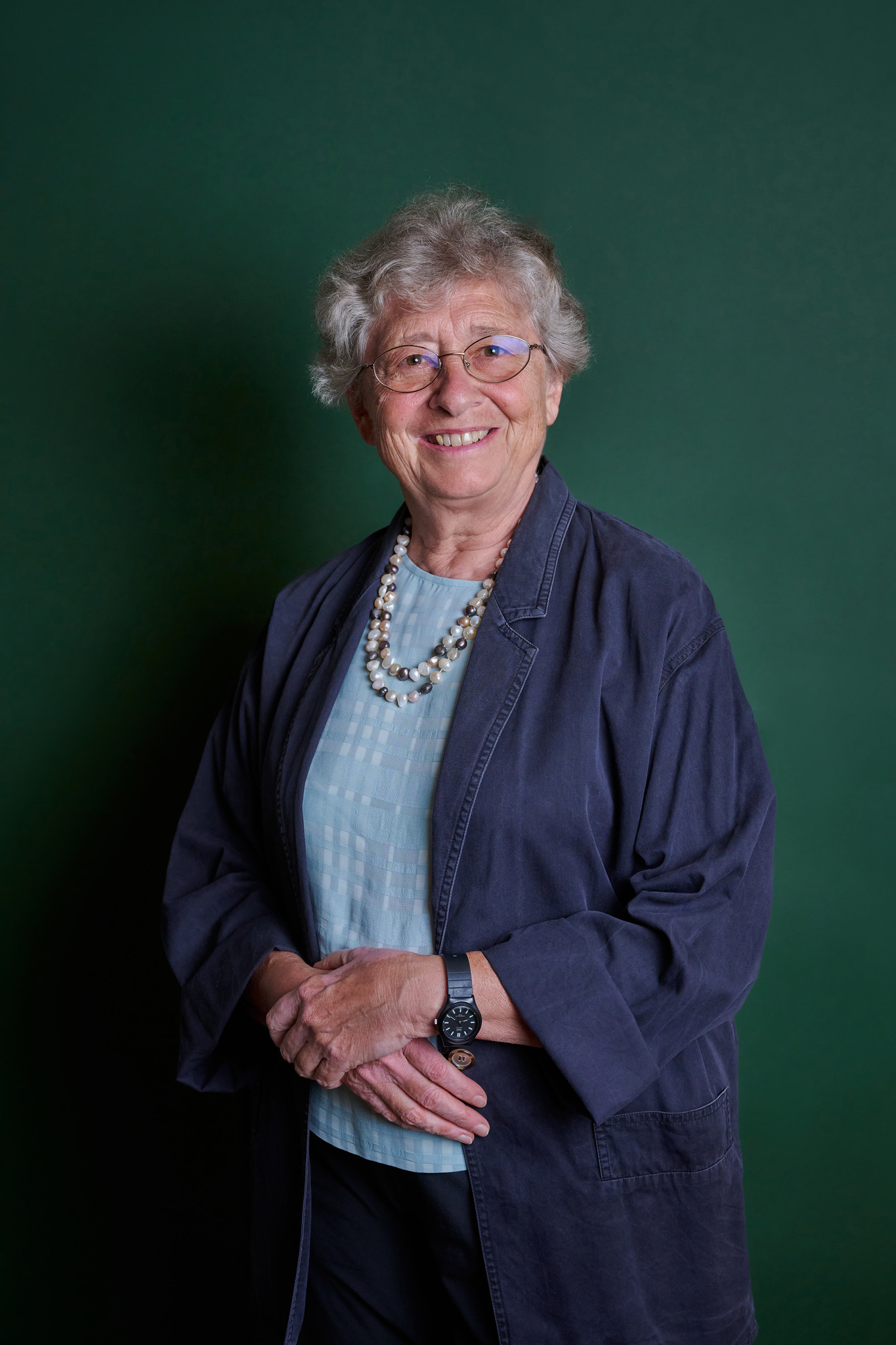
Roberta Ramponi
Roberta Ramponi
Senior Research Associate at CNR Institute for Photonics and Nanotechnologies
She has been researcher at CNR (1980-1992) and professor of Experimental Physics at Politecnico di Milano (1992-2013 and 2022-2024). From 2013 to 2022 she has been the director of the CNR Institute for Photonics and Nanotechnologies. She has been the president of the European Optical Society (2006-2008), and of the International Commission of Optics (2017-2021). Since 2010, she is a member of the Board of the Stakeholders of the European Technology Platform and Public Private Partnership Photonics21, being vice-president since November 2023. Her research has covered a wide range of activities in the fields of Optics, Photonics and fs-Laser Micromachining. In particular she has developed innovative techniques for the fabrication of waveguides in nonlinear crystals, passive and active glasses and for the accurate characterization of such waveguides; moreover, she has studied the design and realization of all-optical devices for applications to optical communications and of microoptofluidic devices for sensing. At present she is working on the design and realization by femtosecond-laser direct writing of integrated optical chips for quantum information. In 2020 she received the OSA (now OPTICA) Robert E. Hopkins Leadership Award. She is Fellow of OPTICA and of the European Optical Society, International Fellow of the Chinese Optical Societey, and Honorary Member of the European Optical Society.
.jpg)
Ramakrishna Seeram
Professor Ramakrishna Seeram, FREng, Everest Chair is a world-renowned scholar of cross-field at the National University of Singapore (NUS), which is ranked among the top ten universities in the world. He is named among the World’s Most Influential Minds (Thomson Reuters) and Clarivate Highly Cited Researchers since 2014. Highest professional distinctions include an elected Fellow | Academician of Chinese Academy of Engineering, China; Royal Academy of Engineering (FREng), UK; Indian National Academy of Engineering, India; ASEAN Academy of Engineering & Technology; and Singapore Academy of Engineering. He received a PhD from the University of Cambridge, UK, and TGMP from Harvard University, USA. His academic leadership includes NUS’s Vice-President (Research Strategy); Dean of NUS Faculty of Engineering; Director of NUS Enterprise; Director of NUS Industry and Technology Relations Office; Director of NUS International Relations Office; Founding Director of NUS Bioengineering; Founding Co-Director of NUS Nanoscience & Nanotechnology Institute; and Founding Chairman of Solar Energy Research Institute of Singapore (SERIS). He founded the Global Engineering Deans Council. He is a member of Council | Advisory Board of IP Paris, France; Silesian University of Technology, Poland; SRM University-AP, India; Madan Bhandari University of Science and Technology, Nepal; Botswana International University of Science and Technology, Botswana; and IES Singapore. He received Long Service Medal- Pingat Bakti Setia during Singapore National Day Awards 2021.
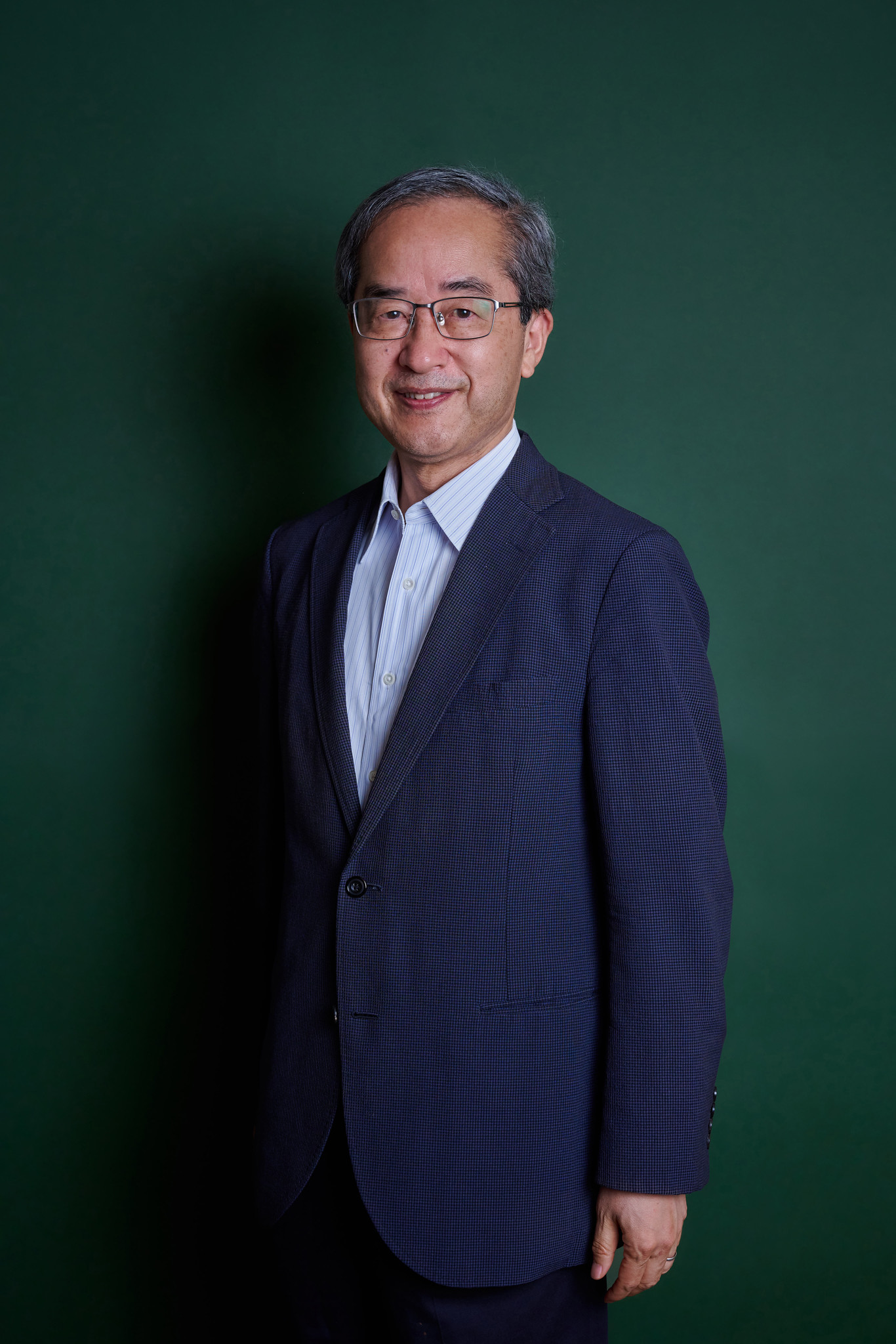
Yasuhiko Arakawa
Yasuhiko Arakawa is a Specially-Appointed Professor and Director of Quantum Innovation Co-Creation Center, the Institute of Nano Quantum Information Electronics at the University of Tokyo. He received his PhD from the University of Tokyo in 1980 and immediately apointed as an Assistant Professor of the University of Tokyo. Then, he was promited to Associate Professor in 1981 and became a full Professor in 1993. He was a Visiting Researcher at the California Institute of Technology from 1984 to 1986 and a Visiting Professor at the Technical University of Munich in 2010. He is a Foreign Member of the US National Academy of Engineering (NAE). He has been consistently engaged in research on quantum dot lasers, single photon sources, and related quantum dot photonics since he first proposed semiconductor quantum dots in 1982. He has authored 820 scietific journal papers and has given 530 invited presentations (incl. 92 plenary/keynote presentations) at international conferences. He received numerous awards, including IBM Science Awrad (1991), Leo Esaki Award (2004), IEEE/LEOS William Streifer Award (2004), Fujiwara Award, Prime Minister Award (2007), IEEE David Sarnoff Award, the Medal with Purple Ribbon (2009), C&C Prize (2010), Heinrich Welker Award, OSA Nick Holonyak Jr. Award (2011), the Japan Academy Prize (2017), IEEE Junichi Nishizawa Medal (2019), and URSI Balthasar Van der Pol Gold Meda (2023). In 2023, he was honored by the Japanese government as a Person of Cultural Merit.
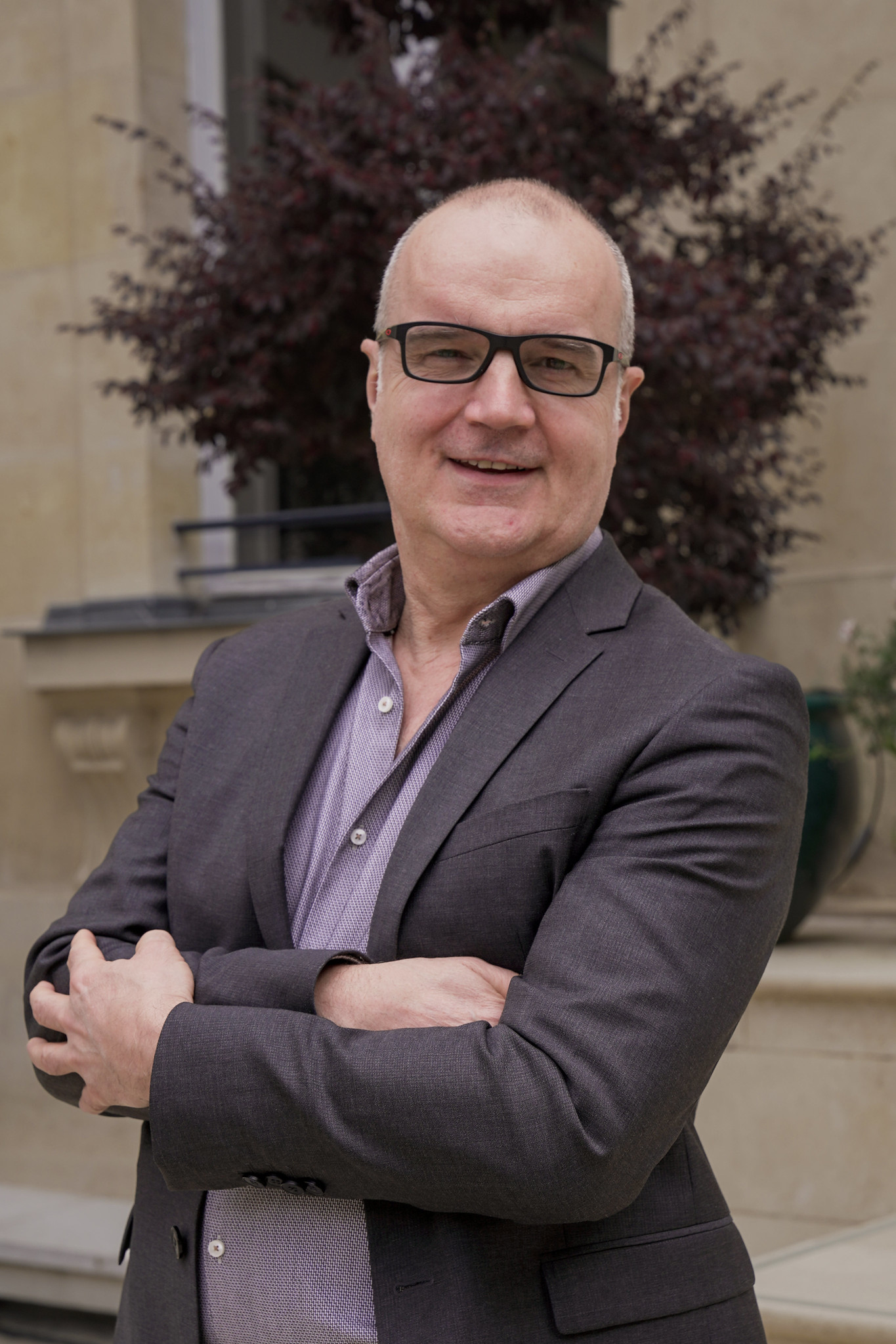
Carlo Sirtori
Professor; Ecole Normale Supérieure, Paris, France; Holder of the ENS-THALES Chair.
Carlo Sirtori received his PhD in physics from the University of Milan in 1990. The same year he started his research career at Bell Laboratories (NJ, USA) where he made the first demonstration of the “Quantum Cascade Laser” and some important contributions in the field of nonlinear optical properties of quantum structures. He joined Ecole normale supérieure (Paris, France) in 2018, as holder of the ENS-THALES Chair “Centre for Quantum Devices”. Since 2022, he is the head of the program Master on Quantum Engineering, a new Master for PSL, straddling ENS, the engineering schools (Mines, ESPCI), Chimie Paris, and the Observatoire de Paris. Carlo Sirtori is the author of more than 300 articles in peer reviewed journals and has given some 150 invited talks at international conferences. He has received several prestigious awards in science such as the Fresnel Prize (EPS), the Booker Gold Medal (URSI) and the “quantum devices award” (APS). Currently, he is the leader of a group of 20 researchers (among PhD students, post-docs and permanent staff) focusing on quantum devices. His main interests are in quantum physics, light-matter strong coupling and data transmission in the thermal infrared atmospheric transparency window, in line with the scientific program of the ENS-THALES Chair.

Sonia Seneviratne
Sonia Seneviratne studied at the University of Lausanne (Biology) and at ETH Zurich (Environmental Physics). After her master thesis, performed in a research visit at the Massachusetts Institute of Technology (1998- 1999), she conducted her PhD thesis at ETH Zurich (1999-2002). She was then a visiting researcher at NASA/GSFC (2003-2004), initiated through a fellowship of the National Center for Competence Research in Climate (NCCR- Climate). In 2005, she returned as a senior scientist to ETH Zurich, where she was nominated assistant professor in 2007. She was nominated associate professor in 2013, and full professor in 2016. She is a Revelle Medal committee member. In 2013, she received the James B. Macelwane Medal from the American Geophysical Union.
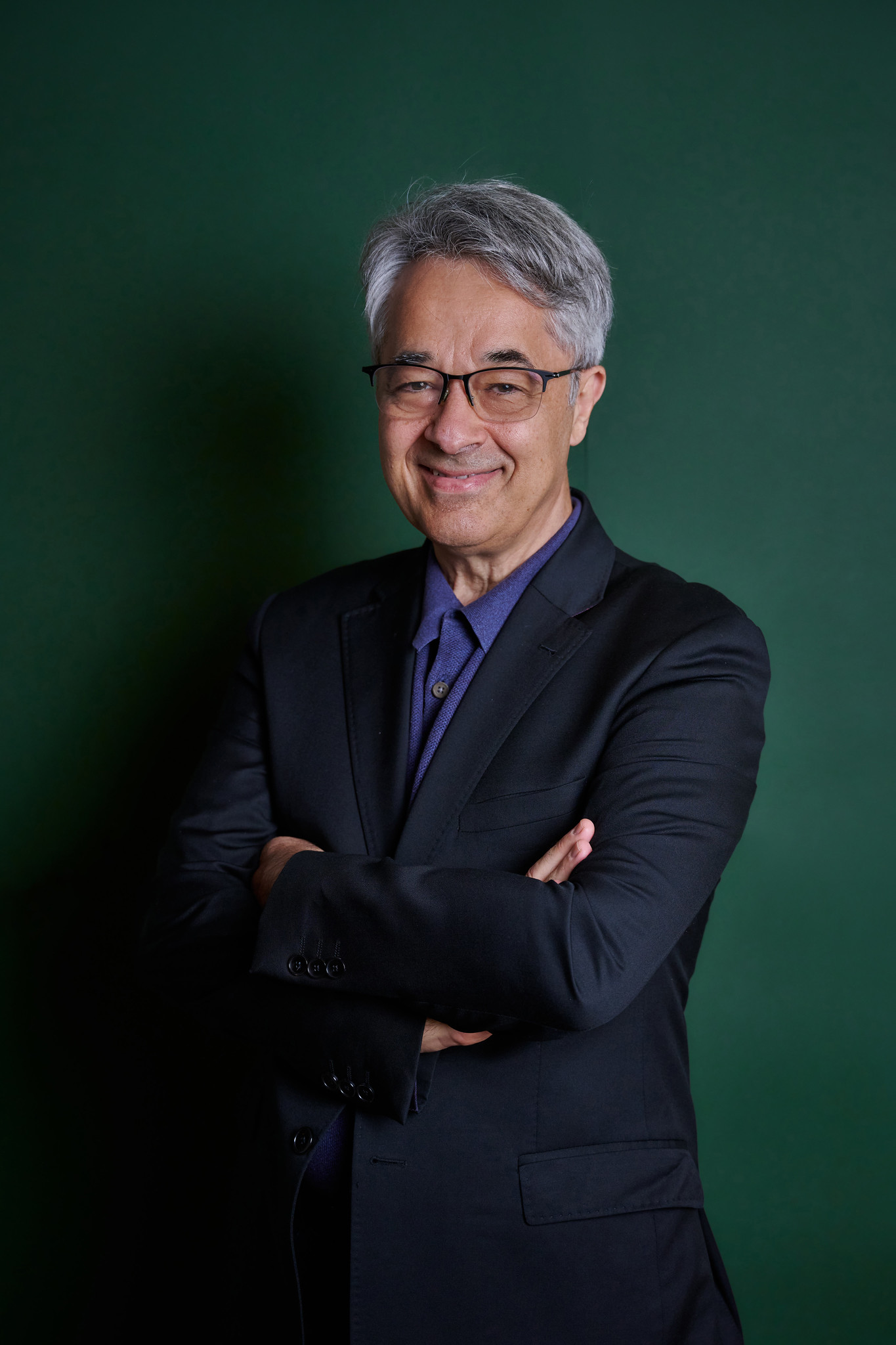
Bernard Salanié
Bernard Salanié is the Samy Mnaymneh Professor of Economics at Columbia University. He graduated from the École polytechnique in 1984 and the Ecole Nationale de la Statistique et de l'Administration Economique (Ensae) in 1986. He received a PhD from the School for Advanced Studies in the Social Sciences in 1992. From 1986 to 2005, Bernard Salanié worked for the Institut national de la statistique et des études économiques, notably as the director of Ensae then of the Center for Research in Economics and Statistics. He also taught at Ecole Polytechnique from 1994 to 2007. Bernard Salanié joined the Columbia University faculty in 2005. He has held visiting positions at the Toulouse School of Economics, the University of Chicago, and Stanford University. He has published widely in the field of microeconomic theory and applied econometrics; His current research focuses on insurance, methods for policy evaluation, and the economics of the family. He is also the author of three graduate textbooks. He was elected a Fellow of the Econometric Society in 2001, and of the International Association for Applied Econometrics in 2021.
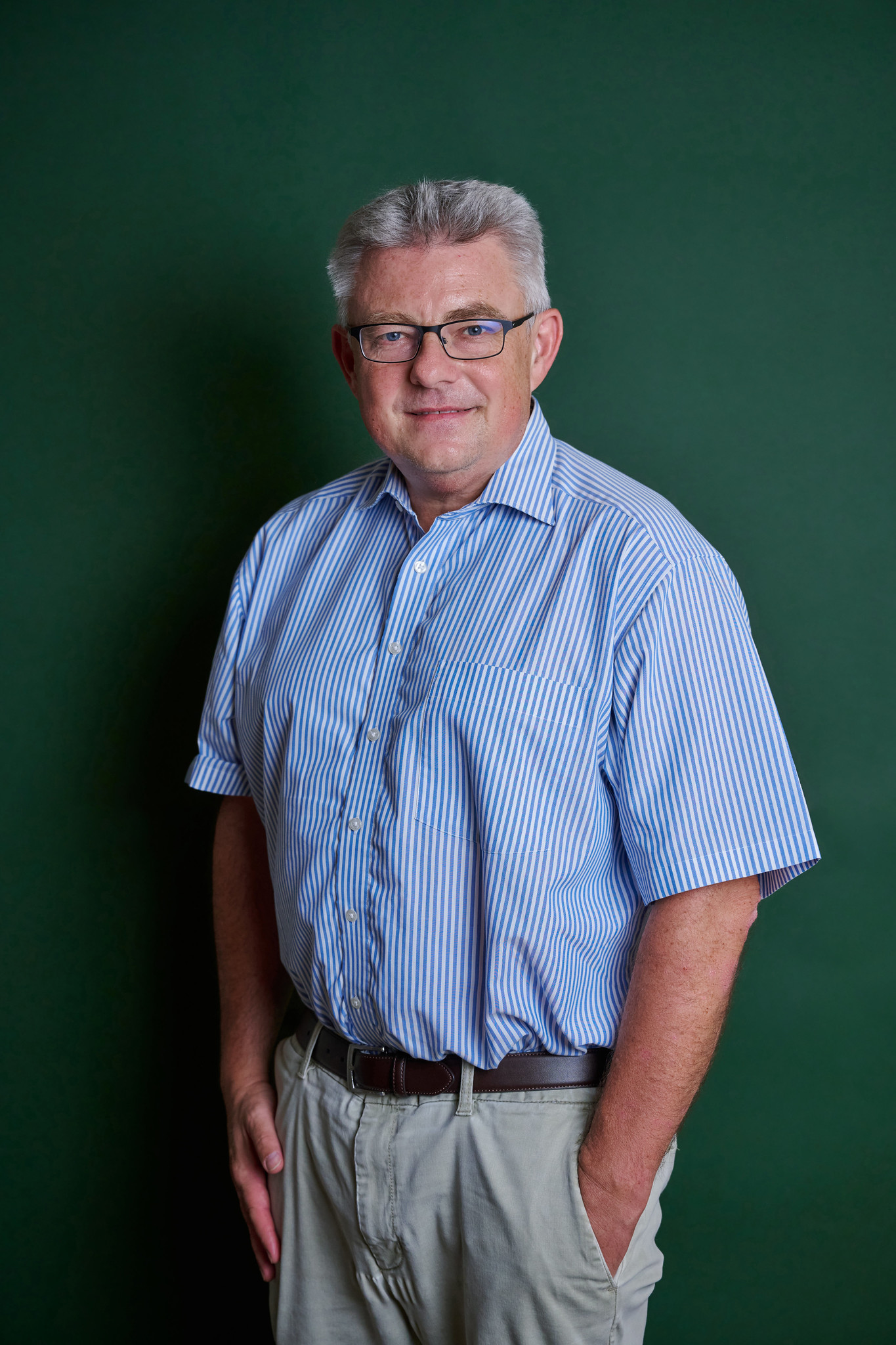
Boris Murmann
Boris Murmann is a Professor of Electrical & Computer Engineering at the University of Hawaiʻi at Mānoa. From 2004-2023 he served as a Professor of Electrical Engineering at Stanford University. From 1994 to 1997, he was with Neutron Microelectronics, Hanau, Germany, where he developed low-power and smart-power ASICs. Since 2004, he has worked as a consultant with numerous Silicon Valley companies. Dr. Murmann’s research interests are in mixed-signal integrated circuit design, including sensor interfaces, A/D and D/A conversion, high-speed communication links, embedded machine learning (tinyML) as well as open-source chip design. He is a fellow of the IEEE and currently chairs the IEEE SSCS Technical Committee on the Open-Source Ecosystem. His accolades include the 2021 SIA-SRC University Researcher Award for lifetime research contributions to the U.S. semiconductor industry.

Tova Milo
Prof. Tova Milo is a member of Tel Aviv University's School of Computer Science, where she heads the Data Management Research Group. She serves as Dean of the Faculty of Exact Sciences and is the incumbent of the Chair of Information Management. Her research focuses on large-scale data management applications, in both their theoretical and practical aspects. Her scientific leadership has been recognized by prestigious awards, including the Weizmann Prize for Exact Sciences, the VLDB Women in Database Research Award, the IEEE TCDE Impact Award and Doctorate Honoris Causa by the University of Zurich. She is an Association of Computing Machinery (ACM) Fellow, a member of Academia Europaea, and the founder of ExactShe, a mentorship program aimed to redress the underrepresentation of women in the exact sciences. Prof. Milo has served as the Program Chair of multiple international conferences and as the chair of their Executive Committees and has received many prestigious grants including an ERC Advanced Grant and an ISF Breakthrough Research Grant.
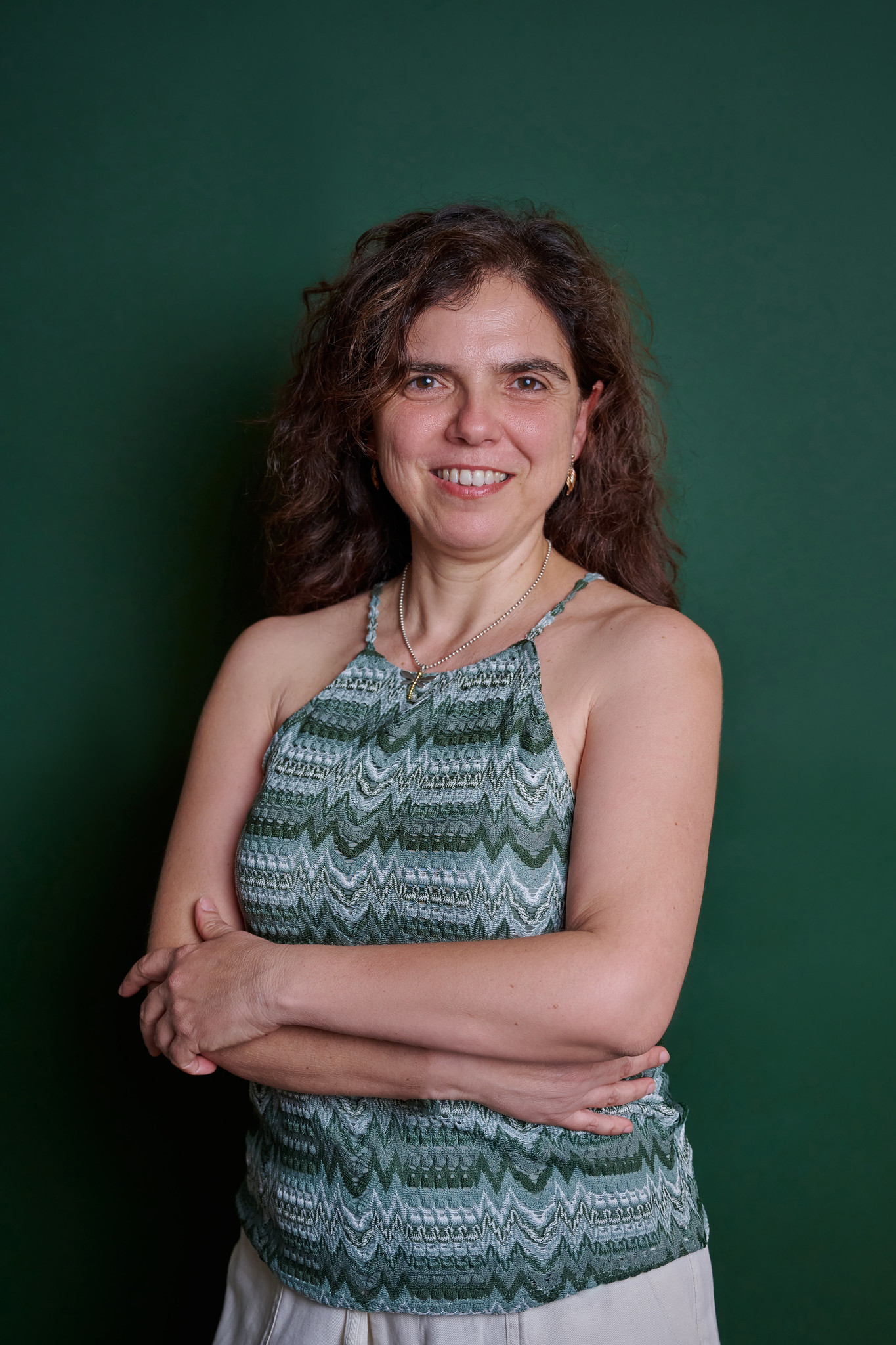
Maria José Calderón
María José Calderón is a theoretical physicist specializing in quantum materials for quantum technologies. Her research focuses on electronic correlations, magnetism, and transport phenomena in complex materials, including two-dimensional moiré systems and semiconductor-based quantum devices. After earning her PhD from Universidad Autónoma de Madrid (2001), she conducted postdoctoral research at the University of Cambridge (Cavendish Laboratory) and the University of Maryland (Condensed Matter Theory group). She joined CSIC in 2007. She received the Spanish L’Oréal-UNESCO “For Women in Science” award in 2008. María José Calderón has served in numerous leadership roles, including as Programme Officer for Physical Sciences at the Spanish Founding Agency (AEI), president of the Spanish Condensed Matter Physics Division (GEFES-RSEF), and elected board member of the European Physical Society Condensed Matter Division. She has been a member of the editorial board of Physical Review B (2018-2024) and regularly serves on international advisory and program committees. She is also engaged in outreach activities and co-founded the Spanish initiative 11 de febrero to promote women in science. She is currently CSIC’s Deputy Coordinator for Matter.
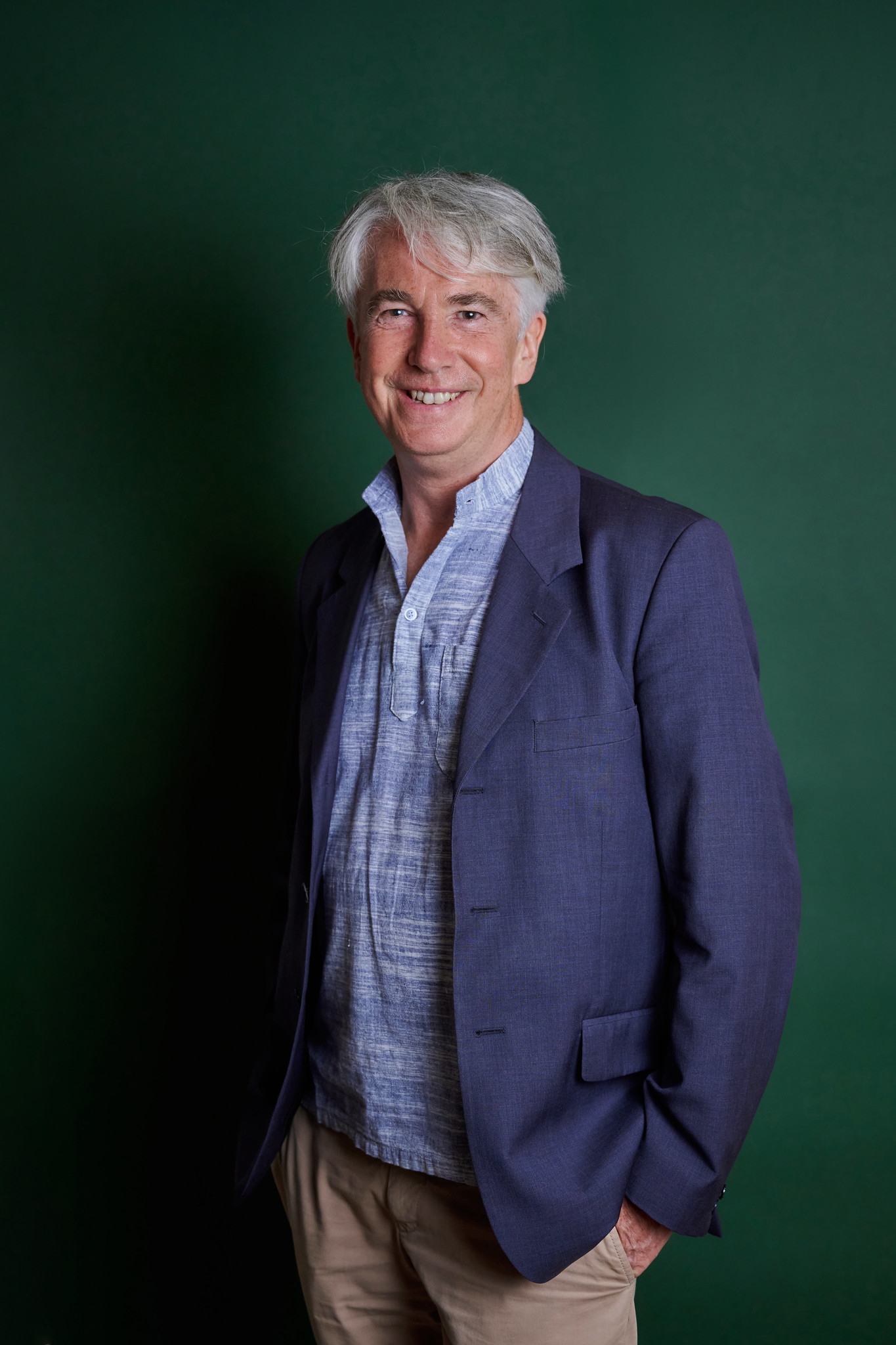
Matthew Richard COOP
Matthew has over forty years’ research experience, working during at five different universities in the UK and Hong Kong. He started his career with his first class degree at Imperial College, and following a couple of years in the design of North Sea offshore platforms he took his doctorate at Oxford University in 1987. He developed his expertise in experimental Geotechnical Engineering during 14 years at City University, London, where he established many now commonly used techniques. He moved to Imperial College in 2000 where he was subsequently made Professor, after which he spent an interlude at the City University Hong Kong as Chair Professor with a formative change of research direction developing micro-mechanical techniques that are now widely adopted. He returned to the UK and University College London in 2016. He has supervised 26 completed PhDs and is the author of about 130 journal papers, cited over 10000 times, and with his various co-authors he has been awarded ten major research prizes within Civil Engineering, including the Geotechnical Research Medal of the UK Institution of Civil Engineers three times and the George Stephenson Medal. He delivered the 6th Géotechnique Lecture and the 7th Bishop Lecture, the principal lecture in laboratory soils testing internationally. He has been the editor in chief of Géotechnique, the leading journal in the field and is chair of the technical committee that leads and overseas the laboratory testing of soils worldwide. He has a teaching career that spans 35 years, at a wide range of universities and has advised on undergraduate course design as external examiner for universities in the UK, Malaysia and Kazakhstan. Over the course of his career and at various universities he has held a range of administrative positions, from Research Director, to Director of Studies, Chair of departmental Building Redevelopment, Postgraduate Senior Tutor, Chair of Promotions Committee and member of University Senate, University Court and College Board. His research collaborations are principally in China, Hong Kong, Brazil, India, Italy and France.
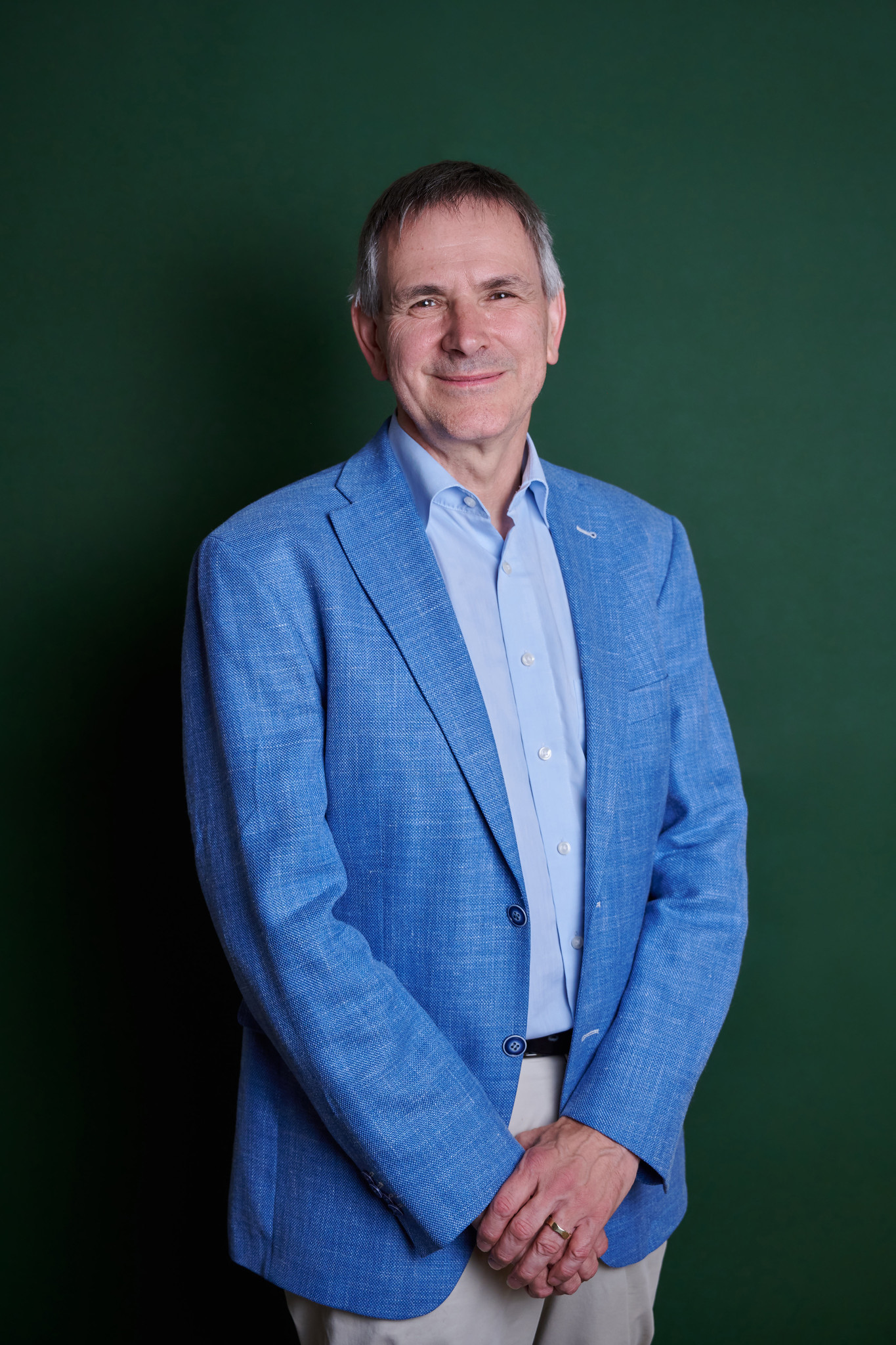
Stefan Müller
Stefan Mueller (born 1962) studied mathematics in Bonn, Edinburgh and Paris, graduated in 1987 in Bonn and received his PhD in 1990 at Heriot-Watt University in Edinburgh. After postdoc stays at Carnegie Mellon University in Pittsburgh, Bonn and the Institute for Advanced Study at Princeton, he held professorships in Freiburg (1994) and at the ETH
Zurich (1995). In 1996 he was appointed as director at the newly founded Max Planck Institute for Mathematics in the Sciences in Leipzig. In 2008, he became the first Hausdorff
Chair at the University of Bonn. From 2013 to 2024 he was the spokesperson of the Collaboratice Research Center 1060 "The mathematics of emergent effects".
His work on the theory of partial differential equations and their appliciations to continuum mechanics and the mathematical theory of microstructures has been recognised by a
number of prizes including the Prize of the European Mathematical Society (1992), the Max Planck Research Prize (1993), the Leibniz Prize (2000) and the Heinz Gumin Prize (2013).
He is a member of the European Academy of Sciences, the Academia Europaea, German National Academy (Leopoldina) and the academies of Berlin-Brandenburg and North Rhine-Westphalia.













